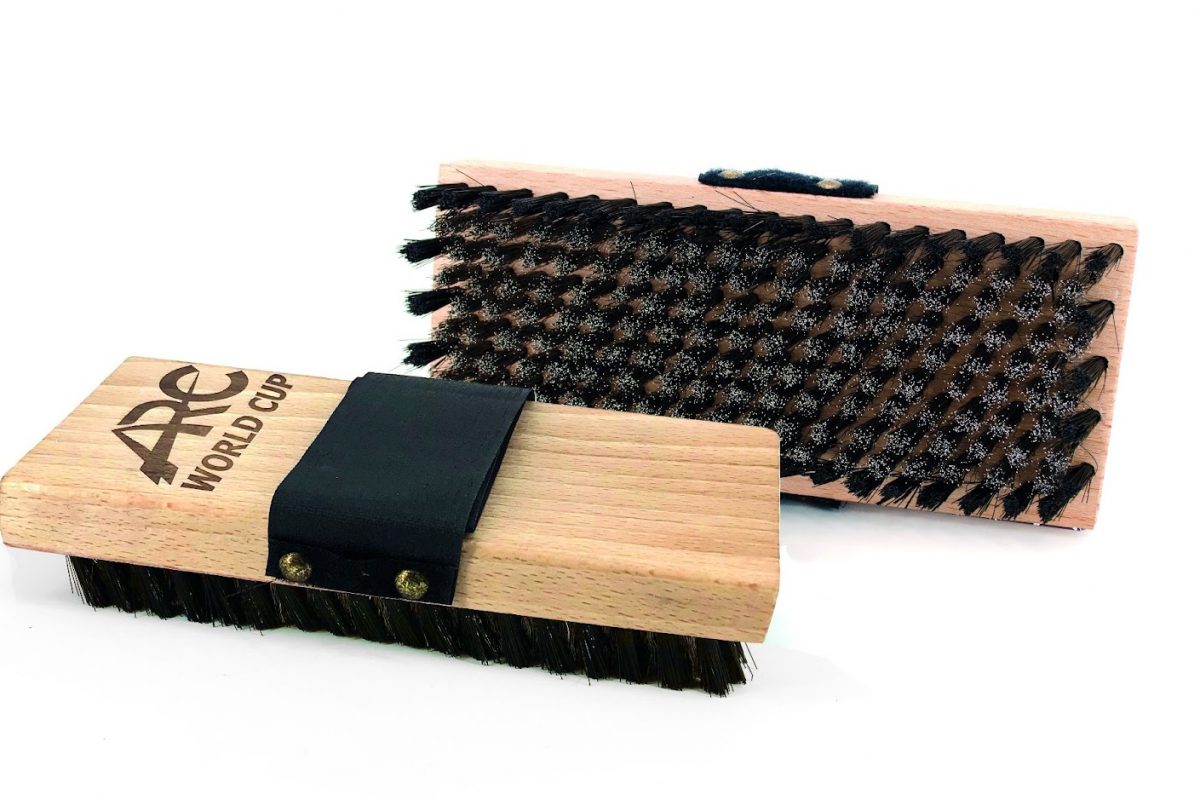
Skiing is a great way to get out and enjoy the winter weather. But it’s also a strenuous activity that can take a toll on your body if you’re not careful. That’s why it’s good to follow a ski diet that will help you stay fueled and energized throughout your day on the trails. This post will discuss some of the best ways to maintain good nutrition while skiing!
1. Consider your food intake
When you hit the trails, fueling your body properly to stay energized and avoid fatigue is best. Skiers need to consume more calories than sedentary people because of the demands of the sport. A general rule of thumb is to consume an extra 500 calories per day when participating in strenuous activities like skiing. The type of food you eat is also important.
Complex carbohydrates like whole grains provide lasting energy, while simple carbs give you a quick boost. However, you also need to eat some fat because it helps your body absorb essential vitamins and minerals. And don’t forget to stay hydrated by drinking plenty of water or sports drinks throughout the day.
2. Carbohydrates are important for skiing
Carbohydrates are one of the three macronutrients (along with fat and protein) that our bodies need for energy. When we eat foods high in carbohydrates, our bodies convert them into glucose, which is then used for energy.
Skiers need plenty of energy to stay active on the trails, and that’s where carbohydrates come in. Eating a diet high in carbs will help skiers to maintain their energy levels throughout the day.
In addition, carbs are also great for replenishing glycogen stores after exercise. Glycogen is a type of carbohydrate that is stored in our muscles and used for energy during exercise. So, if you’re looking to ski your best, be sure to load up on good and slow-burning carbohydrates before hitting the trails.
3. Protein is also a must for skiing
Many people think of protein as being important only for bodybuilders and people who are looking to gain muscle mass. However, protein is also essential for athletes who participate in endurance sports such as skiing.
Skiing is a demanding activity that puts a lot of strain on the muscles. Maintaining protein with meal shakes, for example, helps to repair and rebuild these muscles. In addition, protein provides the body with energy, helping athletes to maintain their performance throughout the day.
For these reasons, skiers need to include plenty of protein-rich foods in their diet. Eggs, lean meats, fish, and dairy products are all good sources of protein that can help to improve an athlete’s performance on the trails.
4. Stay hydrated
There’s no doubt that it’s absolutely vital to stay hydrated while skiing. Drink lots of water and other fluids to keep your body from becoming dehydrated. The colder weather can cause dehydration, so it’s especially important to drink fluids when you are skiing. The higher altitude can also cause dehydration, so make sure to drink plenty of fluids before you go skiing.
Skiing can also be a strenuous activity, so make sure to drink plenty of fluids during and after your ski trip. By staying hydrated, you’ll be able to ski longer and enjoy the trails more.
5. Avoid eating high-fat foods or drinking alcohol while skiing
Fatty foods can cause indigestion, which can lead to cramps and nausea. Alcohol can also lead to dehydration and impaired coordination. Both of these can be dangerous on the trails, where falls are more likely to occur.
In addition, ski lift operators often look for signs of intoxication before allowing riders on the lifts. For these reasons, it’s best to avoid consuming high-fat foods or alcohol while skiing.
6. Make sure to take breaks during the day to eat and drink something nutritious
While it’s easy to get caught up in the excitement of skiing, it’s good to remember that your body needs fuel to keep going. Skipping meals or snacks can lead to low energy levels, making it more difficult to enjoy the trails. Instead, take a few minutes every few hours to refuel with a healthy snack or meal. This will help you maintain your energy levels and improve your ski experience.
In addition to eating, make sure that you stay hydrated as mentioned above. Dehydration can cause fatigue, headaches, and dizziness, all of which can ruin a day on the trails. Be sure to drink plenty of fluids throughout the day, especially water. or consider adding a scoop of Roundhouse Morning Kick to your routine for an extra nutritional punch. This powder supplement is packed with superfoods like Ashwagandha, probiotics, and greens, and can help support your immune system, digestion, and overall well-being.
Some sports drinks can also help replenish electrolytes lost through sweating. By taking breaks and staying nourished and hydrated, you can ski all day long without experiencing any energy slumps.
7. Eating before you ski
When you’re out on the trails, you need to be able to focus on your skiing and enjoy the experience. Part of being able to do that is making sure that your body has the energy it needs to ski at its best. That’s why it’s vital to eat before you ski.
A light meal or snack that includes complex carbohydrates and some protein will give you sustained energy throughout the day. Also, make sure to get your liquids in such as water or electrolyte-rich beverages.
If you start to feel hungry while you’re skiing, take a break and have a quick snack to keep your energy levels up. By eating and drinking before you ski, you’ll be able to focus on the task at hand and make the most of your time on the trails.
8. Eating after skiing
Most people know how crucial it is to stay hydrated when participating in any physical activity. However, many don’t realize that what you eat after skiing can also impact your performance on the trails.
Eating a balanced meal with complex carbohydrates, healthy fats, and protein can help to replenish your energy stores and repair any damage to muscles and tissues. In addition, drinking plenty of fluids will help to prevent dehydration.
So, before heading back out for another run, make sure to refuel your body with the nutrients it needs to maintain peak performance.



